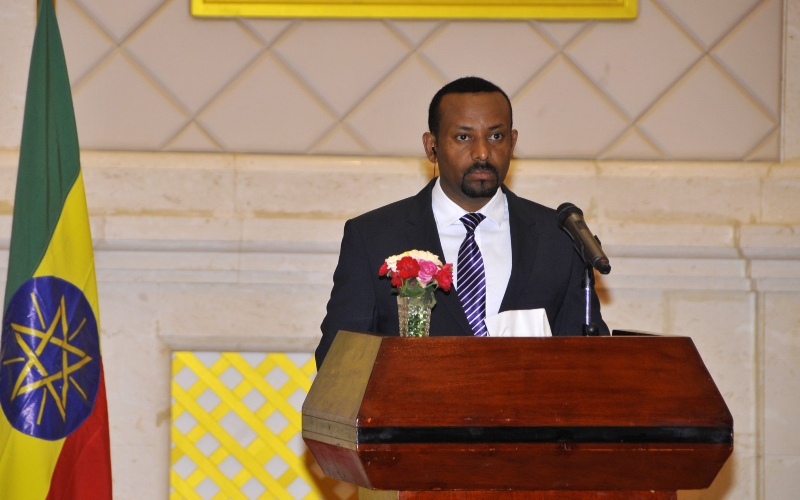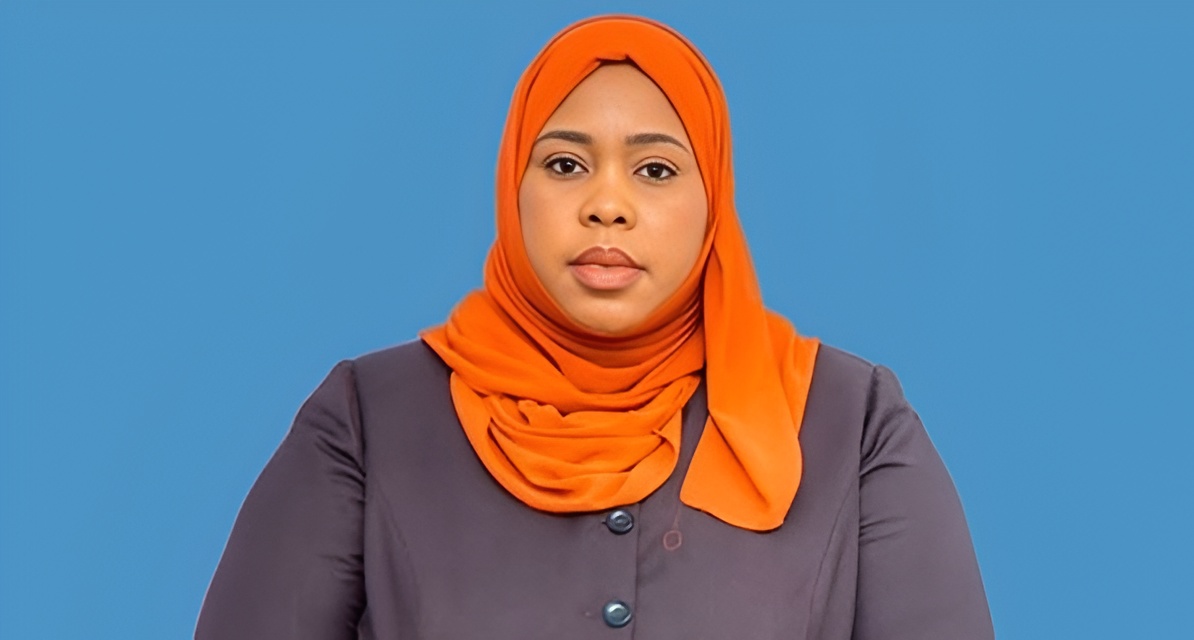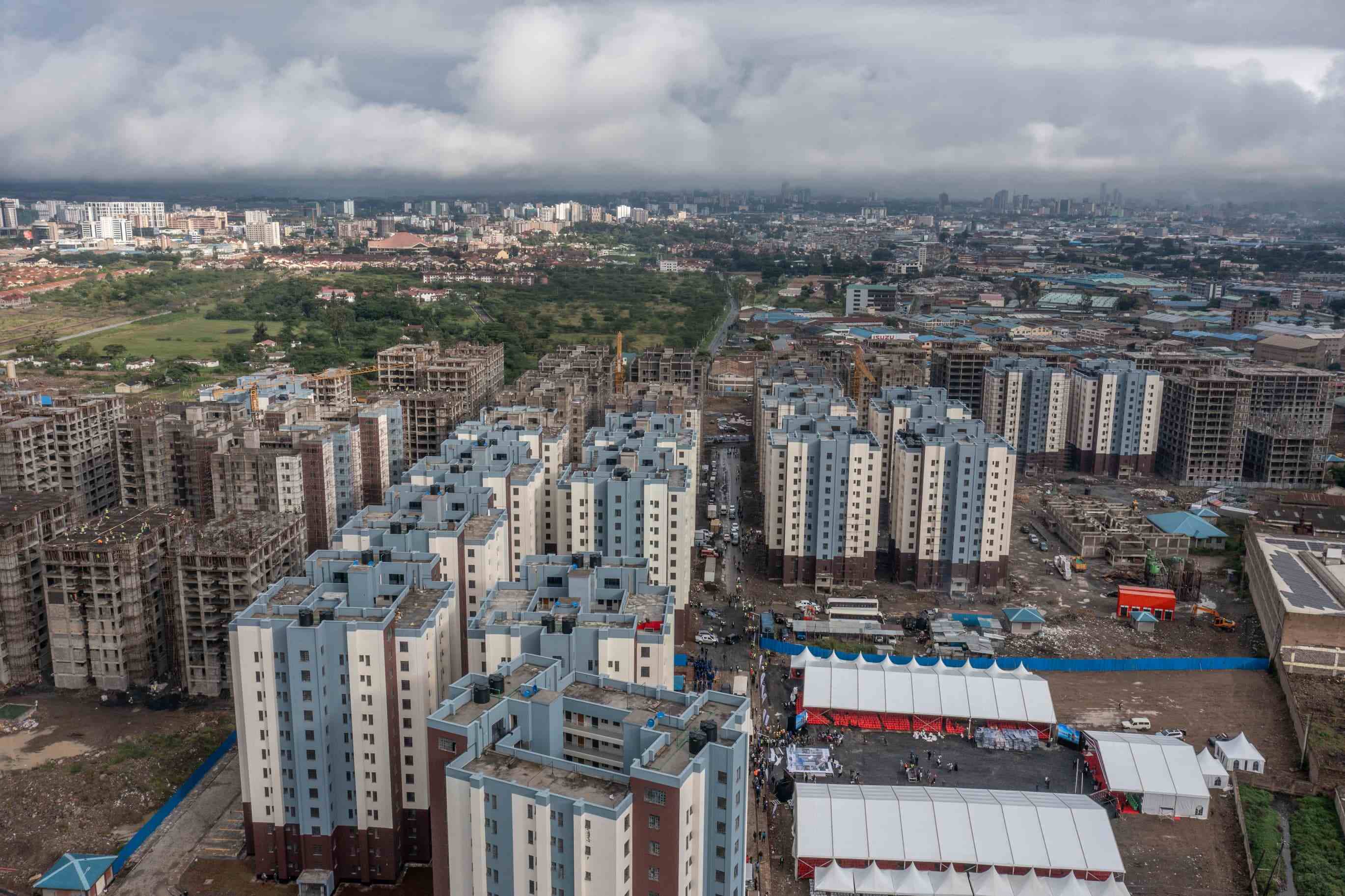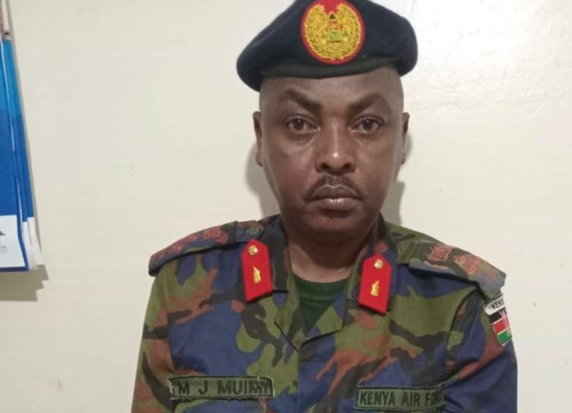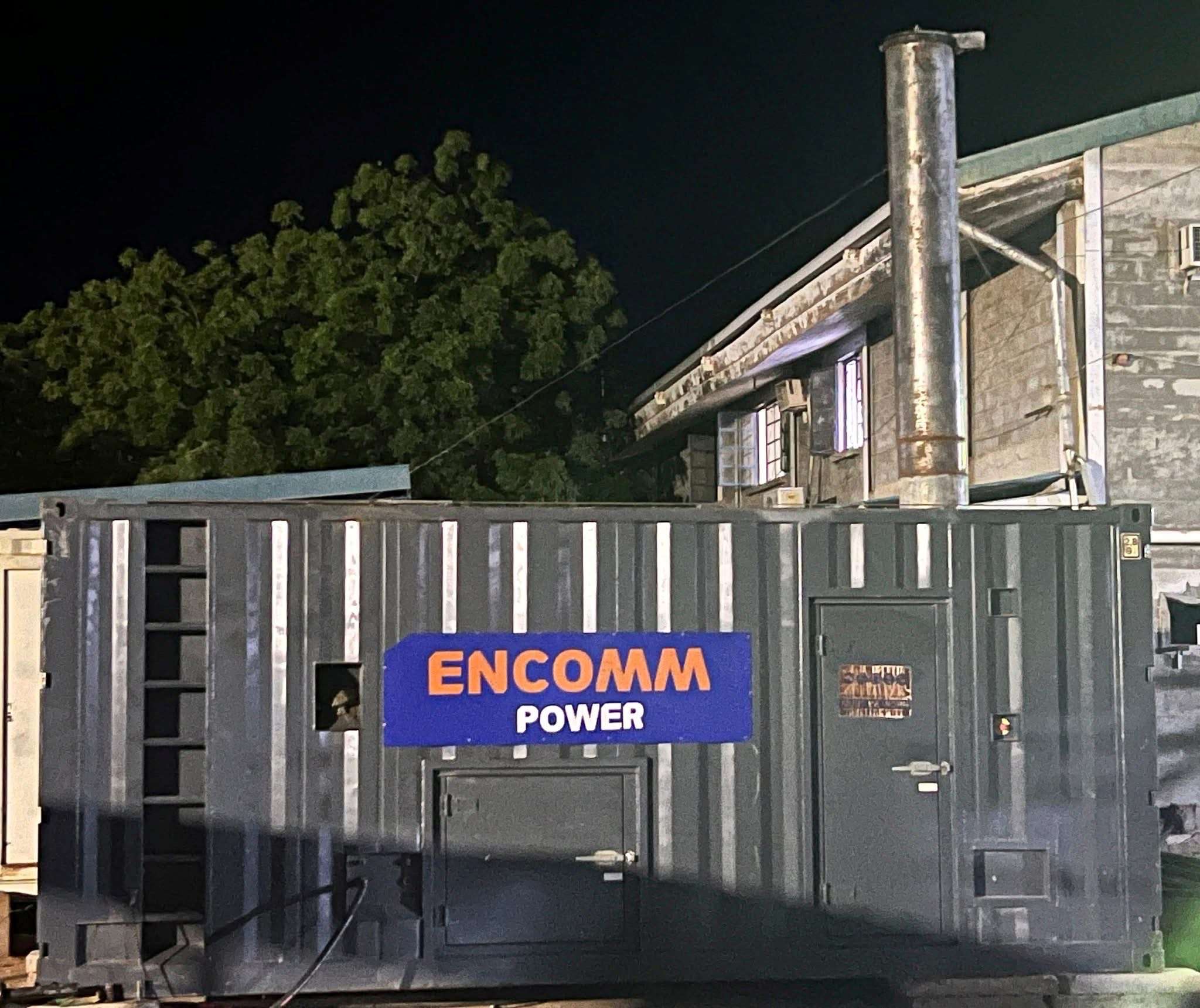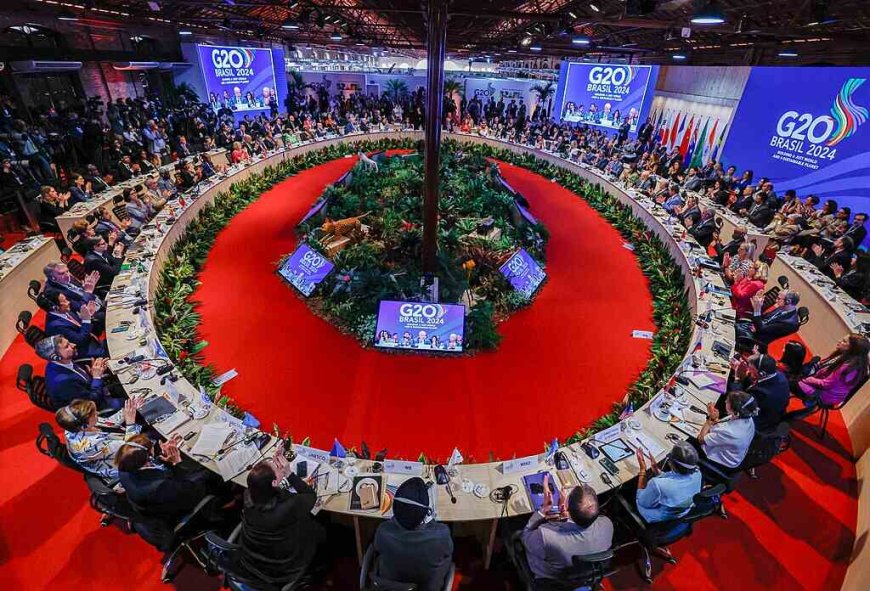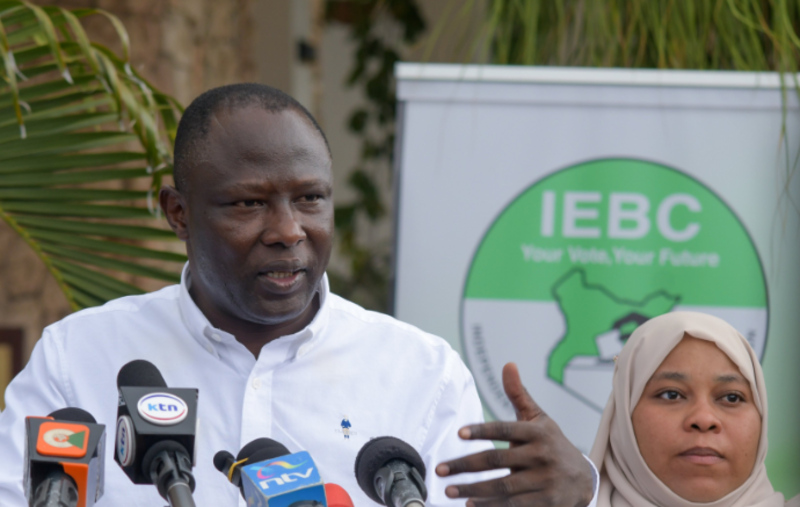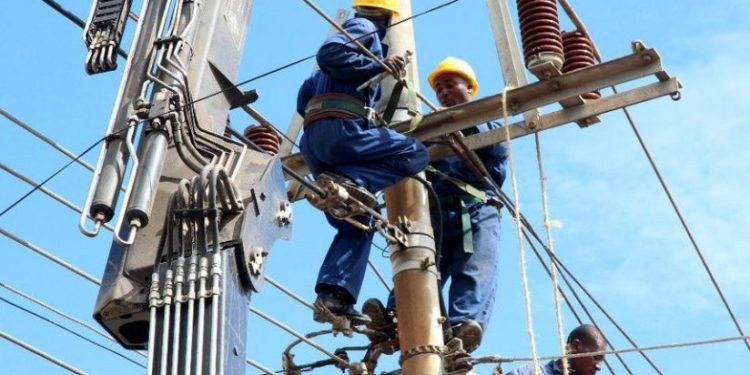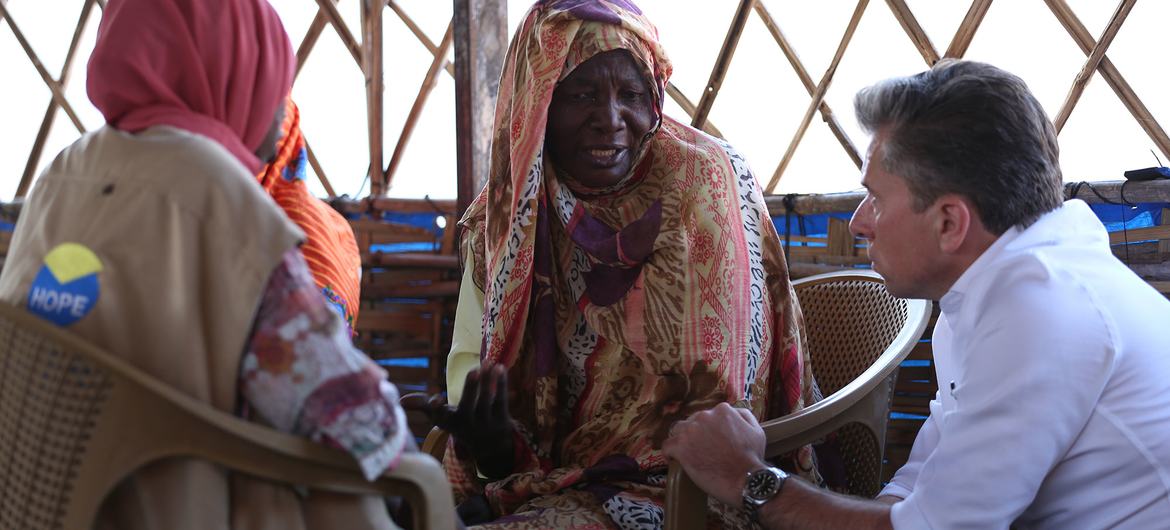African activists rally and challenge COP30 agenda
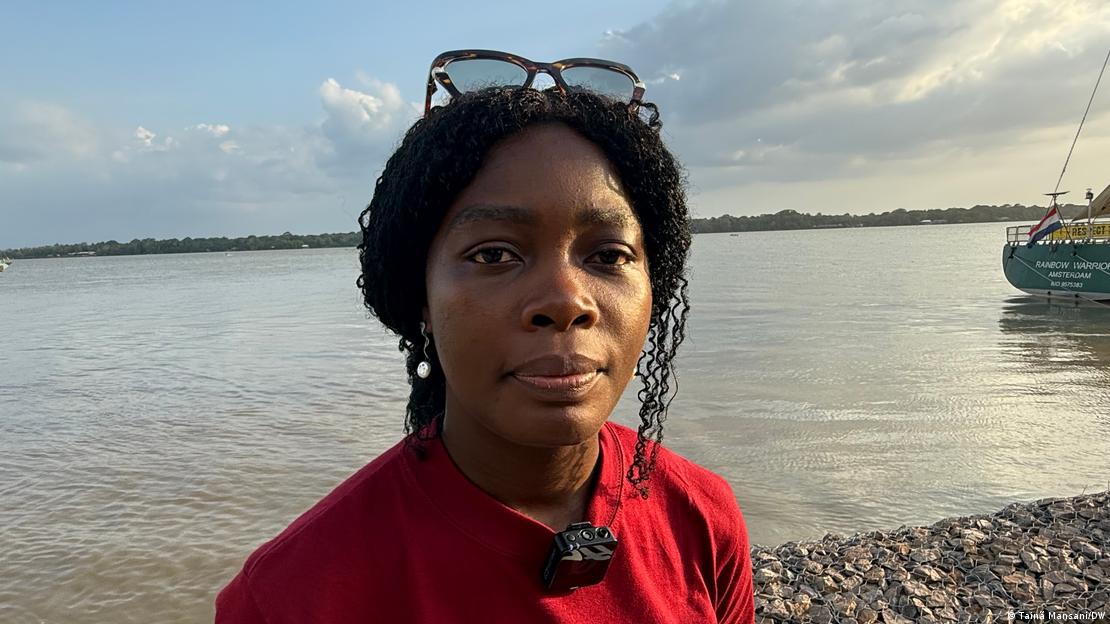
While COP30 negotiators refined official climate goals, the People's Summit exposed injustices and demanded reparations, with hundreds of organisations, movements and networks from Brazil and abroad.
Three years ago, when Nigerian activist OduduAbasi Asuquo received her invitation to the UN Climate Change Conference (COP30) in Belem, Brazil, she began preparing for an experience she knew would differ from previous summits.
The reason, she says, was the People's Summit, which was scheduled to take place in parallel to COP30.
More To Read
- Indigenous voices at COP30: The Amazon speaks – will the world listen?
- Ethiopia hosting COP32 a ‘win for the Horn of Africa’, IGAD says
- Power utilities raise clean energy investment plans by 26 per cent in major Net Zero push
- Kenya, EU ink Sh4.8 billion deal on environment and climate protection
- Smartphones, women’s rights and coupons: new trends that can boost insurance for African farmers
- Climate change is making the world sick: COP30 report links climate change to new disease hotspots
Over the weekend, thousands of people gathered a short distance from the main COP30 meeting at the Federal University of Para for the People's Summit.
"At the People's Summit, we're free to say how we really feel, without restrictions. There are no checks. At the COP, everything must be approved — even the T-shirt you wear," Asuquo told DW.
She was surrounded by Indigenous people from Black communities known as "quilombolas" who are descended from former Africans enslaved in Brazil, riverine groups, youth networks, and socio-environmental movements.
While COP30 negotiators refined official climate goals, the People's Summit exposed injustices and demanded reparations, with hundreds of organisations, movements and networks from Brazil and abroad.
Asuquo took part in debates and highlighted the long-standing environmental devastation in her native Niger Delta, a region of Nigeria that has been scarred by decades of oil extraction.
African voices demand climate justice
From Nigeria, Senegal, Guinea-Bissau, and Togo, the activists interviewed by DW offered a perspective often excluded from official processes — one that underscores the gap between high-level diplomacy and the daily realities of communities already living through the crisis.
"People who live with the impacts should be at the [negotiation] tables," Asuquo said. "But when we do manage to be there, our voices don't matter. They let us talk, but at the end of the day, they do what they always wanted to do."
She denounced the toxic pollution of Nigeria's Niger Delta, where between 9 million and 13 million barrels of oil have been spilled since the 1950s, when crude was first discovered in southern Nigeria, according to an independent group of experts who conducted a study in 2006.
"There are many cases of asthma, severe illnesses … skin diseases and deaths," she said. Participating in her fourth COP only reinforces a recurring feeling: "We are literally begging for our lives."
Senegal: Fishers at risk
Further north along West Africa's coast, Senegalese activist Ibrahima Thiam travelled to Brazil to expose how coastal erosion and industrial pressures are destroying artisanal fishing — forcing entire communities to relocate.
Through a photography exhibit, he documented the displacement caused by climate change.
"Senegal depends on fishing," he said. "But many fishers are migrating, disappearing, or dying."
This year, he chose to attend only the People's Summit.
"My first COP, in Egypt, was disappointing," he said. "When I saw a row of banks at the blue zone, I asked myself: what are banks doing here?"
"But, here at People's Summit, I have the feeling of being with people who understand me better", he told DW. "People with whom I can share the feeling of solidarity."
Guinea-Bissau: Knowledge as a solution
From neighbouring Guinea-Bissau, sociologist and environmentalist Miguel de Barros stressed the importance of a space led by civil society.
He believes the People's Summit can leave a meaningful legacy for COP30 by bringing new perspectives on climate finance and public policy.
Guinea-Bissau faces worsening coastal flooding, desertification, and soil degradation — compounded by poor waste management and plastic pollution.
De Barros argues that ancestral African and Amazonian knowledge, combined with agroecology, can provide real pathways to address the climate crisis.
"Perhaps one of the legacies of COP30 will be how the deliberations of an entity like the People's Summit can contribute," de Barros told DW.
He hopes that world leaders will finally listen to civil society and adopt robust strategies to confront major polluters.
Togo: Criticism of the Tropical Forests Forever Facility
Kwami Kpondzo, a Togolese activist and member of the Global Forest Coalition, arrived at COP30 with sharp criticism of the Tropical Forests Forever Facility (TFFF), a proposed $125-billion (€108 billion) global conservation fund that would pay countries based on how well they protect their forests.
Kpondzo considers the proposal insufficient.
"Financialising nature won't solve the problem. The causes are clear: mining, deforestation, exploitation, and extraction. The TFFF does not address these roots and may benefit investors, not communities," he said.
For him, while COP30 remains focused on targets and markets, the People's Summit centres issues largely absent from the official agenda: historical inequalities, reparations, and community sovereignty.
That is why OduduAbasi Asuquo, Ibrahima Thiam, Miguel de Barros, and Kwami Kpondzo share the same sentiment: the People's Summit exposes the limitations of the official process and broadens the climate conversation by giving space to those who live the crisis every day.
"In Dubai and Azerbaijan, we had no chance to mobilise," Kpondzo said, referring to the COP28 and COP29 gatherings in the UAE and Baku.
"We thought [COP30] Brazil would be different — and here we finally have the chance to speak about what affects us and build solidarity," Kpondzo said.
Top Stories Today


